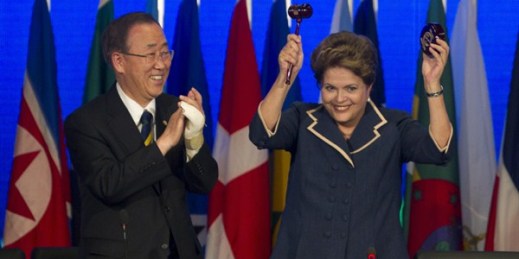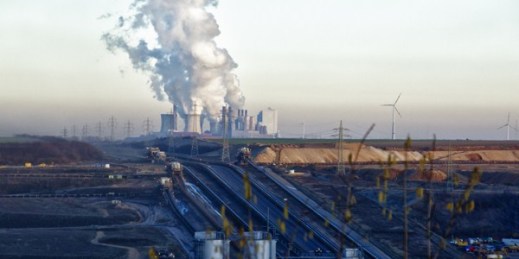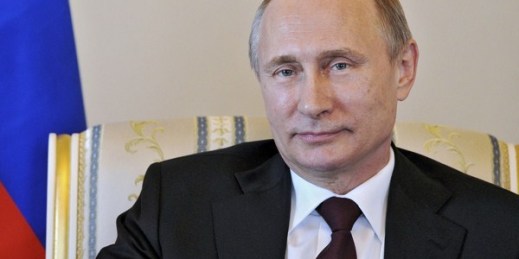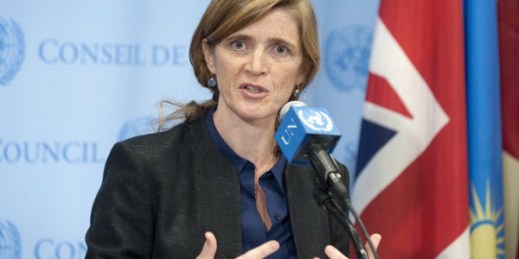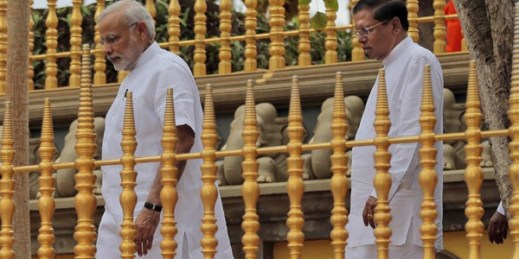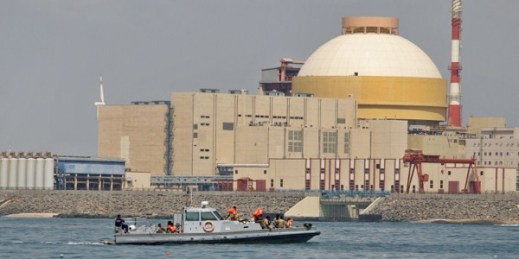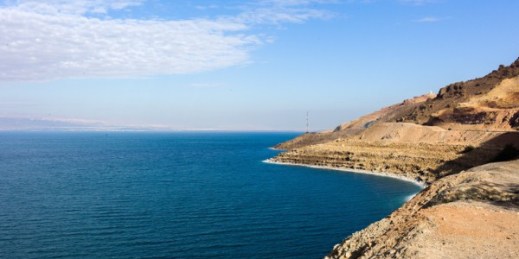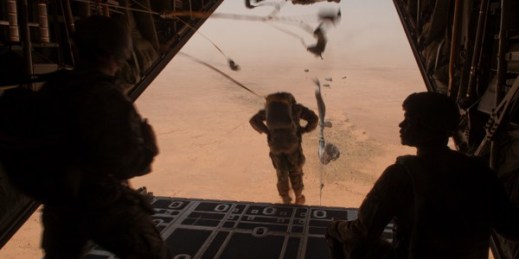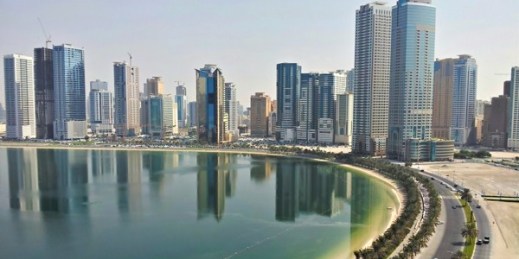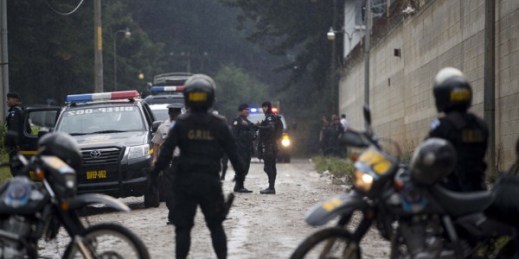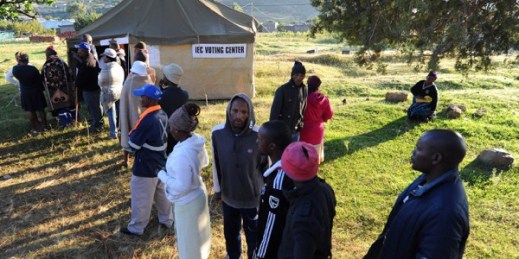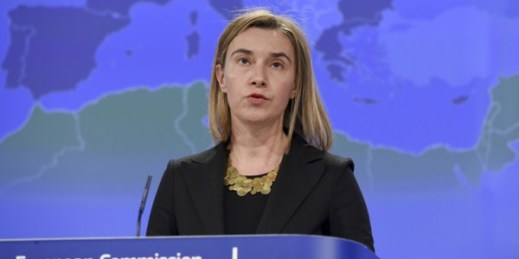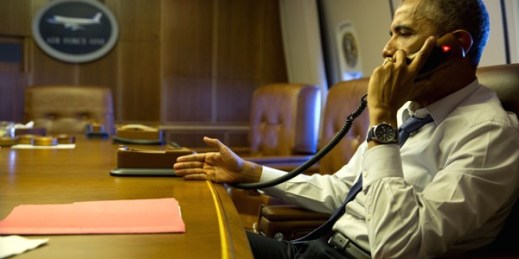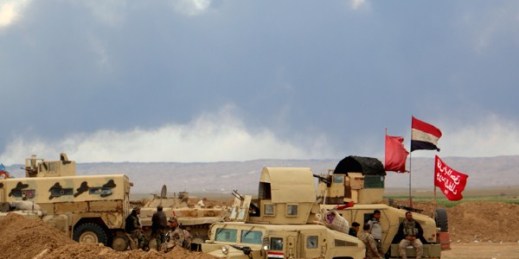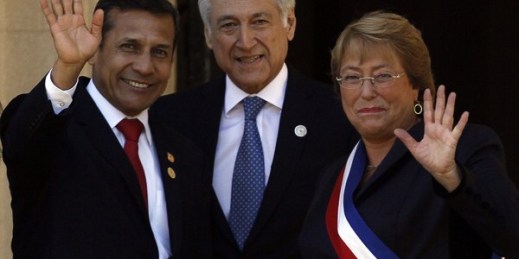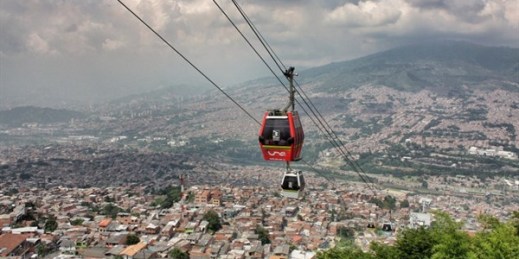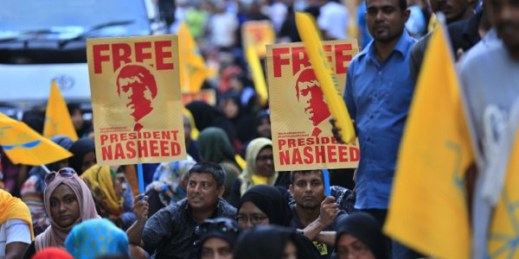
Last week, former Maldivian President Mohamed Nasheed was convicted on terrorism charges. In an email interview, Maryiam Shiuna, the executive director of Transparency Maldives, discussed the impact of Nasheed’s conviction on the Maldives’ domestic and foreign policy. WPR: What is the background to the current case involving former President Mohamed Nasheed? Mariyam Shiuna: President Nasheed was elected following the historic presidential election in 2008—the country’s first free and fair election. Despite the gains following the democratic transition, authoritarian enclaves continued to exist within institutional frameworks, and Nasheed’s administration was faced with numerous economic, social and political challenges. Protests in January […]

